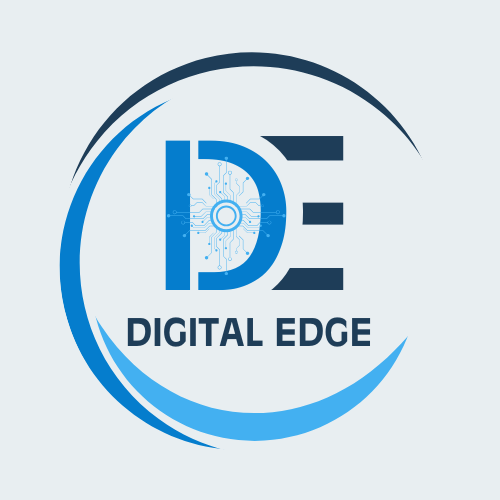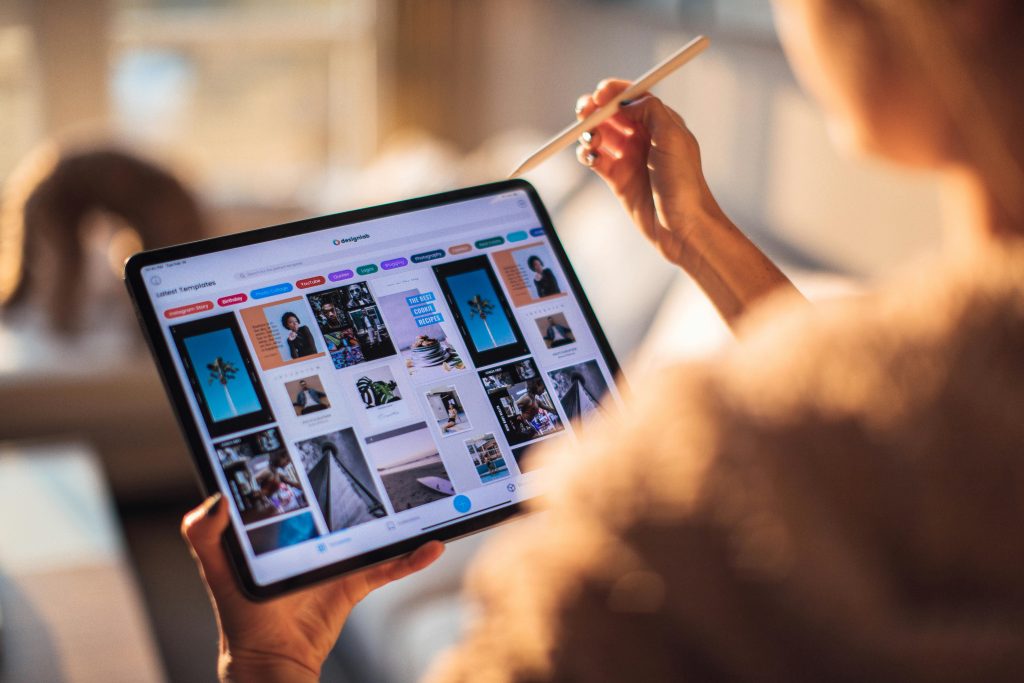The world of digital marketing is evolving faster than ever. New technologies, shifting consumer behavior, and economic changes are redefining how brands connect with audiences. As we move closer to 2025, staying ahead of emerging trends isn’t just an advantage — it’s essential for survival.
In this blog, we’ll dive into the top 10 digital marketing trends every business should watch (and prepare for) in 2025.
1. AI-Driven Personalization Will Dominate
Personalization is no longer optional; it’s expected.
In 2025, Artificial Intelligence (AI) will take personalization to an entirely new level. AI will not only analyze customer data faster but also predict behaviors and deliver hyper-customized experiences in real time.
From personalized product recommendations to individualized email campaigns, brands will use AI to create marketing that feels genuinely personal — making customers feel seen, understood, and valued.
2. Voice and Visual Search Will Go Mainstream
With the growing popularity of devices like Alexa, Siri, and Google Assistant, voice search is becoming a primary way consumers find information. Similarly, visual search tools like Google Lens are changing how people shop and explore content online.
By 2025, businesses that optimize their content for voice queries and visual discovery will have a significant edge over competitors.
3. Video Marketing Will Continue to Explode
Video content isn’t just “important” anymore — it’s crucial.
Short-form videos (like TikToks, Instagram Reels, and YouTube Shorts) are now commanding the majority of users’ attention. By 2025, video will account for an even larger share of online traffic, making it the most effective content format for engagement and conversion.
4. The Rise of Social Commerce
Social media platforms are rapidly becoming full-fledged shopping destinations. Instagram, TikTok, Facebook, and even Pinterest now offer seamless shopping experiences without users ever leaving the app.
By 2025, social commerce will be a must-have strategy, not an experimental channel.
5. Privacy-First Marketing Will Take Center Stage
With stricter privacy regulations (like GDPR, CCPA, and others emerging globally), marketers must prioritize consumer privacy. The end of third-party cookies is pushing businesses toward first-party data collection and privacy-focused marketing strategies.
6. Interactive Content Will Boost Engagement
Consumers are no longer satisfied with passive experiences.
They want to participate — not just consume.
Polls, quizzes, interactive videos, AR filters, and gamified experiences will become powerful tools for boosting engagement and collecting valuable user insights.
7. Sustainability and Purpose-Driven Marketing Will Matter More
Consumers — especially Gen Z and Millennials — are increasingly choosing brands based on their values.
Environmental sustainability, diversity, equity, and social responsibility are no longer “nice-to-haves”; they are expected.
In 2025, brands that authentically showcase their commitment to meaningful causes will earn customer loyalty, while those who engage in “greenwashing” will be called out.
8. Augmented Reality (AR) Will Enhance Shopping Experiences
AR is reshaping how people shop online by allowing them to visualize products in their real-world environments before buying. From trying on clothes virtually to placing furniture in a room, AR bridges the gap between physical and digital shopping.
By 2025, AR marketing will be more common — and expected — especially in industries like fashion, beauty, home decor, and automotive.
9. Micro-Influencers Will Outshine Mega-Influencers
The era of the celebrity influencer is fading.
Today’s consumers crave authenticity, and they trust recommendations from relatable, everyday people. Micro-influencers (those with smaller but highly engaged audiences) are proving to be more effective and cost-efficient.
By 2025, brands will focus on building long-term relationships with niche influencers who align closely with their brand values.
10. Predictive and Prescriptive Analytics Will Refine Strategy
Marketing is becoming more proactive than reactive.
Instead of looking back at what happened, brands are now using AI-driven analytics to predict future behaviors and prescribe the best next steps.
In 2025, predictive analytics will help marketers make smarter decisions about everything from content planning to customer retention strategies.
Final Thoughts
The digital marketing landscape of 2025 will be more data-driven, personalized, ethical, and immersive than ever before.
To stay competitive, brands must embrace these emerging trends, invest in technology, prioritize authenticity, and put the customer experience at the heart of every strategy.
Change can feel overwhelming, but it’s also full of opportunity. Those who adapt early and think forward will not just survive — they’ll lead the next era of digital marketing innovation.
Are you ready for the future of digital marketing? Now’s the time to start.

